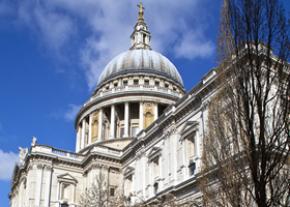The United Kingdom, or simply UK for short, boasts a huge wealth of attractions for expatriates, including a strong economy, generous welfare, enviable transport links, cultural diversity, and a wide range of professional opportunities.

But perhaps one of the biggest draws for migration to the UK is the primary language being English, and as such many expatriates choose the country in order to study, or to gain professional experience in an English-speaking country. Further, the country’s membership of the European Union (EU) means many inhabitants of other European countries can relocate there without the need for a visa.
Consisting of the island of Great Britain (which itself is made up of England, Scotland, and Wales) and Northern Ireland, the country maintains strong relations with a number of countries around the world, many through the Commonwealth of Nations, an intergovernmental organisation with roots back to Britain’s colonial past. The United Kingdom’s monarch, Queen Elizabeth II is also monarch to a further 16 sovereign states around the world.
The UK Economy
The world’s first industrialised country, the UK retains a great degree of influence around the world through it’s political, scientific, military, cultural, and economic powers. In fact, the UK is the sixth largest economy in the world, and the city of London holds the joint title of the world’s largest financial centre, alongside New York.
By far the biggest destination for the majority of foreign nationals arriving in the UK is London, the capital city for both England, and the entire UK. It’s also true that the city largely dominates UK life too, with the South East of the country and London generating the greatest wealth.
But at the same time, there are many other potential and fruitful destinations around the UK to entice potential expatriates, not least the three remaining capital cities of Edinburgh (Scotland), Cardiff (Wales), and Belfast (Northern Ireland), or the country’s two second largest cities of Birmingham and Manchester.
